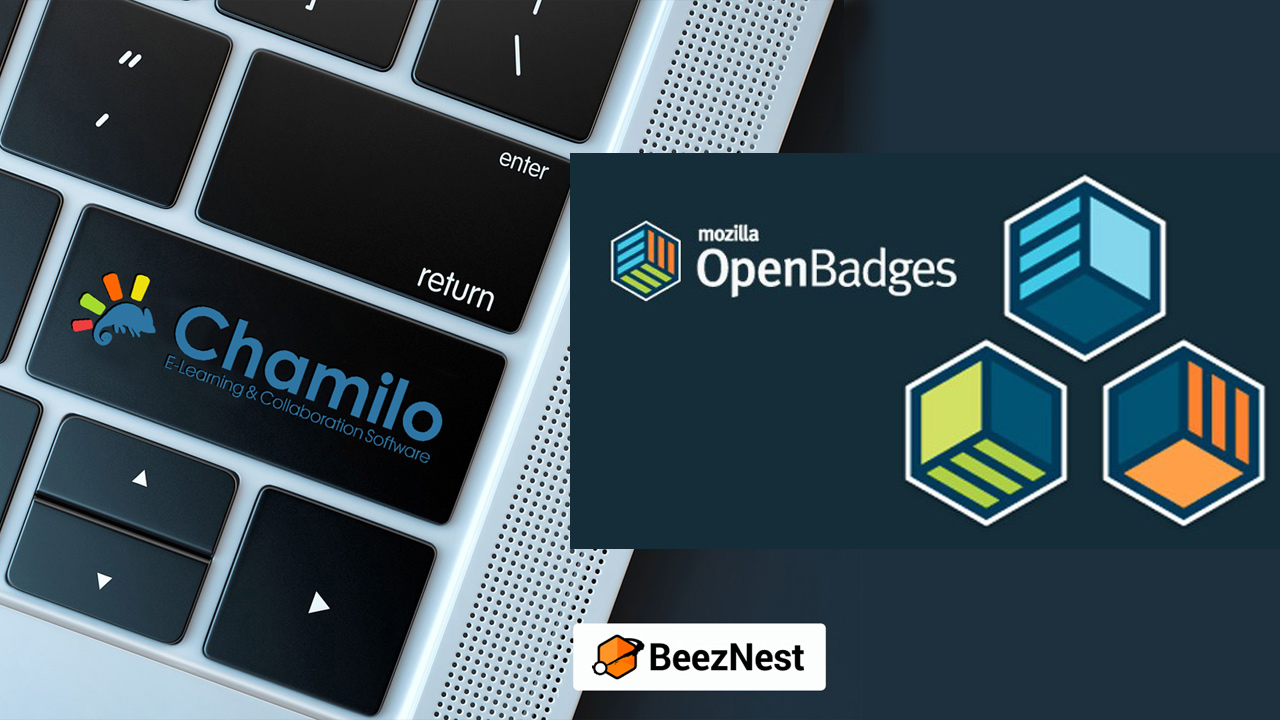I'm often surprised at the little importance large education institutions put on their Learning Management Systems (LMS). Many times, after years of starting a modest pilot and slowly convincing all the people involved, institutions find themselves in a situation in which students (and sometimes teachers, but rarely the institution itself) drive the development of the LMS by demanding for changes.
Students, of course, see it as a way to get better, more ubiquitous access to their course material, to practice more without the need of the teacher, to get feedback faster, etc. Sometimes students feel more confident facing a computer than they would do in class.
Anyway, expectations increase and the institution has to follow or, sometimes, lead this evolution.
However, where the "mild" integration might have been slow in classical educational institutions, there is one crucial step where institutions *have* to make sure everything goes right: the move to a critical LMS integration as fast as their end-users require it.
A critical LMS is a service (not only the software, but also the team around it) on which you can rely to launch and follow training/teaching activities that are critical to your organization.
Obviously, teaching is critical for an educational institution, but it is not critical in the LMS sense if the LMS acts as an *extension* of the classroom courses.
It becomes critical when:
- students can access to the course *only* through the LMS
- the LMS serves to generate the students' grades
- the LMS is used to generate reports on the activity of teachers or students
- it is expected to be online permanently, without interruptions of more than half an hour every week or so
If you compare it to other systems deemed "critical" by the IT department in an education institution, you should get this kind of table:
| System |
Must be up all time? |
Critical information? |
Must sustain high load? |
|---|
| ERP |
Not really |
Yes |
No |
| Website |
Yes |
No |
Not really |
| Library system |
Not really |
Not really |
Not really |
| LMS |
Yes |
Yes |
Yes |
I'm sure some of these criteria can be discussed in specific situations, but when the LMS is used for the cases above (which is usually the case for any serious implementation), it *does* match all these criteria at the same time.
In each and everyone of these cases, it is necessary to be able to rely on a skilled team of specialists, that will be able to assess, intervene and report on any case that might cause some level of inconvenience to the students.
What this means is that a multi-dsiciplinary team of specialists will have to get involved in your project, and give you the power to do what you want and need. Building the team takes time, building and maintaining a high level of skills takes time, getting involved in a project takes time, and providing you with the best possible solution takes time, dedication and vision.
Many times, as the company behind the development of Chamilo LMS as a free software (we have high goals in terms of social responsability), we face this misunderstanding in the first step of our interaction with new customers.
The LMS is not *valued* by the IT department as it really should, and even less when it is based on free software. But software is just software, and although Chamilo LMS is in the top 3 best open source e-learning paltforms around, you can't hope for a lot if your team doesn't know how to manage it. And it's not just a technical issue: dealing with online courses involve a combination of skills that you will need to have if you don't have the right team to help you out:
- planning the tools you will use for interaction (videoconference, chat, forum, etc)
- knowing the limits of your students' available technology (screen resolution, plugins, apps, etc)
- being able to design lightweight courses (bandwidth)
- knowing your students' behaviour
- being able to plan (and take action) for a load increase on a server, ahead of a high-attendance online event
- being able to pinpoint reporting data to improve education methods
- and much more...
Understanding all this, if the budget for your institutions' online education project is a 10th of its ERP's system, it's probably not going in the right direction, for its first step.
Only once the institution has understood the criticality of their LMS and how it will affect their institution's image and efficiency, the project can start in the right environment.
Learning Management Systems are critical, not only for educational institutions. They represent a very unique tool that is both desired and required to improve the efficiency of teaching, learning and managing skills. Don't let it fail. Make sure everybody understands what a LMS is and how useful it will be, and your organization will thrive into the 21st century!
Chamilo LMS
Chamilo LMS is a web-based learning management system focused on usability. It is developed and published under the GNU/GPLv3 license, which allows anyone to use, analyse, modify and distribute copies and modified copies of the software. In its first 4 years of existence, Chamilo LMS has been granted several software prizes and has grown from a community of 10 developers to a community of 9 million users worldwide.
Chamilo allows you to create courses, manage administrators, teachers, students and other typical roles for organizations or departments focused on training. It is suitable for academical, corporate, associative and personal environments.
The BeezNest group
BeezNest is the company behind most of the developments in Chamilo LMS. It specializes in analysis, development and support of e-learning projects in about 40 countries, with offices and collaborators in Belgium, France, Spain, Germany, the UK, Peru and Mexico. Projects managed by BeezNest deal with portals from 100 to 680,000 students, worldwide. It deals with every aspect of e-learning projects, from analysis, to hosting, platform developments, training, online courses building, to data analysis. All you need but marketing (which it prefers leaving to its customers).
Contact BeezNest at info@beeznest.com



